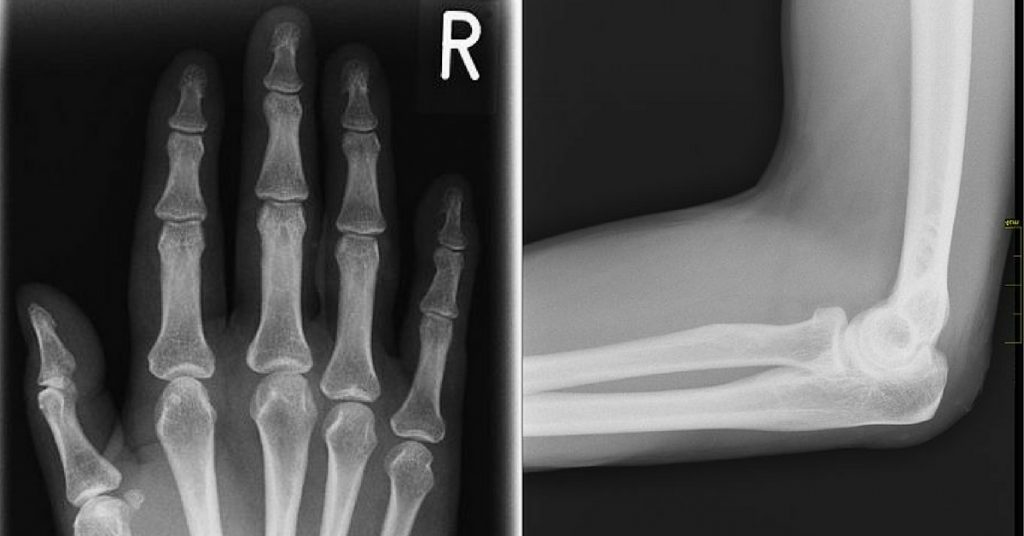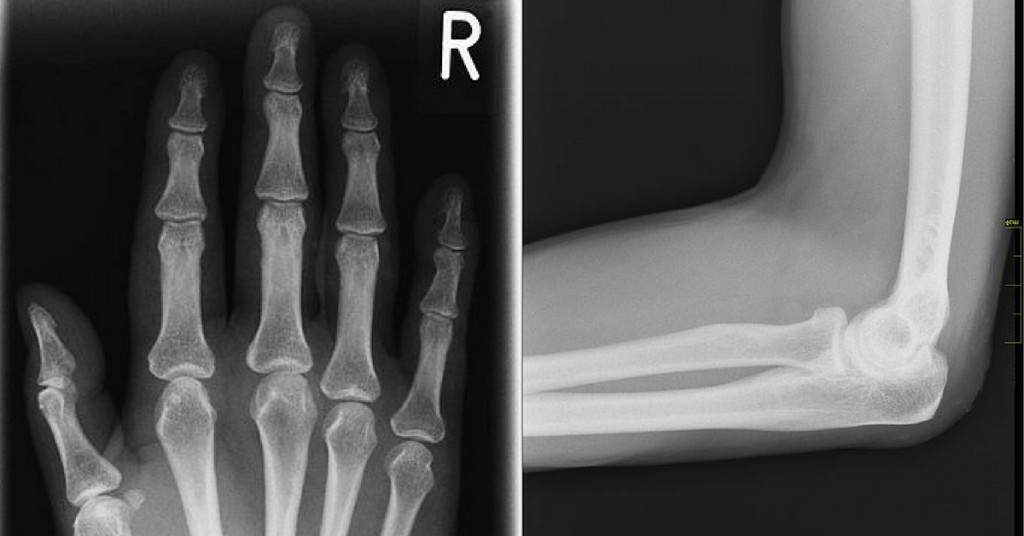Here’s a look at the science and naming stories behind some everyday stuff you can find right on your person.
Funny Bone
Knocking your funny bone on something certainly isn’t laugh-out-loud funny. The name references another kind of funny: You feel funny when it happens—a specific kind of jolting nerve pain that spreads throughout the whole body for just a second. (The common phrase “Tickle your funny bone” just complicates things unnecessarily.) Oh, and the funny bone isn’t really even a bone. Hitting it on a wall or door sends weird (okay, funny) nerve pain throughout the body because it is a nerve. It’s the ulnar nerve, and the pain comes from it getting pinched under a bone. And that bone is the long, elbow-to-shoulder spanning one called the humerus, pronounced humorous, which could also be why the funny bone is called what it is.
Charley horse
That’s the nickname for one of those painful spasms or cramps you can get in a leg muscle that seemingly comes out of nowhere. They generally don’t last more than a day, and they’re usually caused by dehydration or a lack of potassium or as a side effect of a prescription medication. So why does this specific kind of cramp get its own name when all the other cramps are just called “cramps”? It’s from the early days of baseball. In the 1870s, Joe Quest played for the Chicago White Stockings. Prior to his sporting days, he’d worked in his father’s Pennsylvania machine shop, where an old white horse named Charley was put to work. He was so overworked that he walked funny, as if his muscles were strained. (And they probably were. Poor horse.) When Quest became a baseball player in Chicago, he found that his legs got stiff after a series of tough games, so he called his own leg pain a “Charley horse.” By the way, languages besides English have their own name for the Charley horse. For example: In southern Italy, it’s called a morso del ciuco (a donkey bite), in the Netherlands it’s an ijsbeentje (ice leg), and in Israel a regel etz (wooden leg).
Pinky
This one’s true—we pinky swear on it! While some people’s “little finger” may appear to be some kind of pink, the word in English is a vestige of the Dutch colonists who were a major part of settling the New World in the 17th century. Pink is the Dutch word for “little finger,” or the smallest digit on the hand. Taking it a step further, the diminutive form of word pink—meaning that it refers to a small version of that object—is pinkje, pronounced “pinky.”









